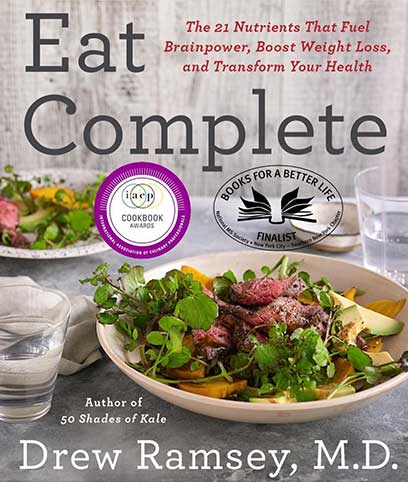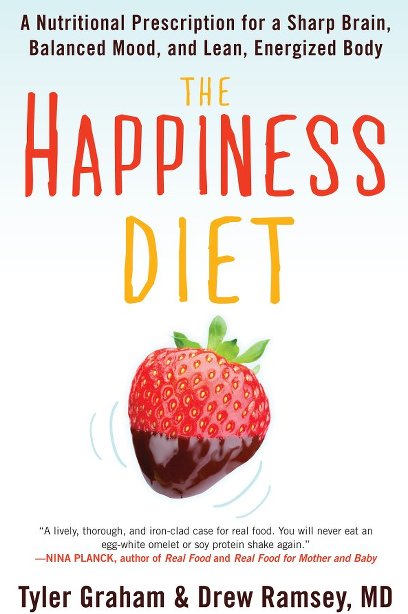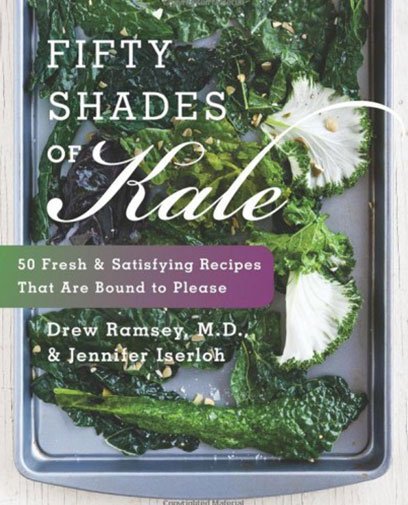As a psychiatrist, I’m often asked how to find a good therapist. Psychotherapy is one of the main methods I employ in clinical practice, and has been essential to me personally. We receive a lot of inquiries about starting treatment, and as my team can’t be available to everyone, we wanted to review how to find a good therapist who is best qualified to address mental health concerns.
One common feature of all psychotherapy or talk therapy that works is “fit,” or a solid alliance between the client/patient and therapist. Therefore it’s not only important that you find a good therapist, but you need to find the right therapist for you.
What’s a good “fit”?
In therapy terms,“fit” means that you feel your therapist “gets” you. You click with them and trust that they are on your team. In the beginning, you should find your therapist to be curious, thoughtful, and insightful. And over time, your relationship evolves and grows. However, it’s important to remember that there is a difference between feeling a therapist is the right fit vs thinking of them as a friend. A good therapist will limit personal disclosures and keep the focus on you. They will listen and be empathetic, and also push you and challenge you.
Because finding the right therapist, and building a therapeutic alliance is so important we’ve put together these 5 strategies that can help you find the right fit and get all the benefits that talk therapy can provide.
1. Ask questions.
Just like a job interview, an initial consult with a therapist is for both of you to determine if it’s a good fit. It’s perfectly ok to ask a therapist about what they do, what kind of therapy they practice, how often they meet with patients, about their training and how they think they might help you. These are all great questions to initiate a meaningful conversation.
2. Pay attention to how you feel.
Worth repeating: Fit is crucial for finding the right therapist. Everyone feels a bit awkward during the first consultation. Therapy can be scary and nerve-wracking in the beginning, but over time you ease into it.
After several sessions ask yourself: Do I feel uncomfortable or at ease? Maybe you feel like your therapist is silently judging you; perhaps he or she seems empathetic toward your growth. Is the communication style compatible with your goals toward self-growth? This is the real litmus test to determine if you and your therapist are the right match. It’s imperative to be able to communicate honestly with your therapist. If this is a personal struggle for you, it is something you can work on together. If you don’t feel like you can be honest because of something the therapist has done or said, then it’s best to try a new therapist.
3. Determine how you’re going to pay.
Therapy doesn’t need to cost a fortune and finding a therapist through your insurance company could mean a co-pay or even free consultation. If you’re going to use insurance, your plan will provide a list of providers. Contact your insurance company to determine what out-of-network benefits are available to you, too. If the therapist you prefer doesn’t take insurance, ask if he or she offers sliding-scale consultations.
Often psychiatry, psychology, and psychotherapy training programs offer free or deeply discounted sessions with trainees. In fact, the first three years I was a therapist, I saw many patients for free. Remember, therapy is an investment, and it’s important that you find a treatment option that isn’t going to cause you financial stress. Like a good investment, a good treatment should increase your ability to work and many of my patients improve their financial situation based on what they learn about themselves in therapy.
4. Know what you’re looking for.
There are many different kinds of professionals who do talk therapy. These include:
- People with a background in social work (look for a LCSW or MSW credential)
- Mental Health Counselors (MHC) and Marriage and Family Counselors (MFC)
- Counselors with a background in spirituality such as a pastor or other clergy
- Psychologists with a doctorate in psychology (Ph.D and Psy.D)
- Physicians who specialize in mental health (psychiatrists M.D. or D.O.)
Sometimes practitioners cater to a specific population and if you have specific concerns like addiction, an eating disorder, or a mood disorder, look for a therapist familiar with the treatment of these conditions. That said, experienced clinicians have often treated a wide variety of patients.
Some considerations:
- 18 or under? Try looking specifically for a practice or provider that treats adolescents or children.
- Interested in couples therapy? A marriage and family counselor may be your best bet, or a social worker or mental health counselor that specializes in working with couples.
- Interested in a longer-term approach? Look for someone who specializes in psychoanalysis or psychodynamic psychotherapy. Want a short-term treatment for a specific issue, Cognitive Behavior Therapy (CBT) may be your best bet. There are specific modalities of CBT that focus on insomnia, trauma and other psychological concerns.
- Finding a Group Therapy can be both cost-effective and provide an environment to hear many perspectives on your concerns from people with similar challenges.
- What about a holistic approach that includes the mind and body? you may want to look for someone who takes a somatic approach or someone that brings another specialty training into their practice like meditation or nutrition.
Depending on how severely your symptoms are impacting your life, you may want to start out by speaking with a psychiatrist. Psychiatrists are the only type of therapist that are able to prescribe medication as needed. Because they are also physicians, they will have the most experience with ruling out medical conditions. While some psychiatrists do not provide therapy, many do.
Luckily, in this digital age, you can read about different kinds of therapy online. It’s often smart to read articles, blogs, or listen to podcasts with different therapists to get a taste of their style before reaching out.
It’s also a good move to ask friends for referrals, read reviews online, read Psychology Today profiles and talk to any current medical providers you have to get their feedback and referrals. You might also contact the department of psychology, psychiatry, or social work at the nearest academic medical center or university.
5. Find someone that can work with your schedule.
Convenience is key to sticking with therapy. Think about when you joined a gym or a group meeting. You were probably more likely to attend regularly when the location was convenient, right? In a pre-COVID world, I’d recommend finding someone whose office was close to your work or office. These days, we have much more flexibility because most therapists are practicing over zoom. It’s still important to make sure your therapist has availability at a time that works for you so you don’t need to rush, add more stress to your day or skip sessions.
Whatever your goal or situation, congratulations on considering therapy! I know firsthand that therapy benefits so many people, including myself, and I truly believe this can be a path to more self-compassion and understanding, better functioning and living with a sense of confidence, mental-wellness and contentment that you deserve.









